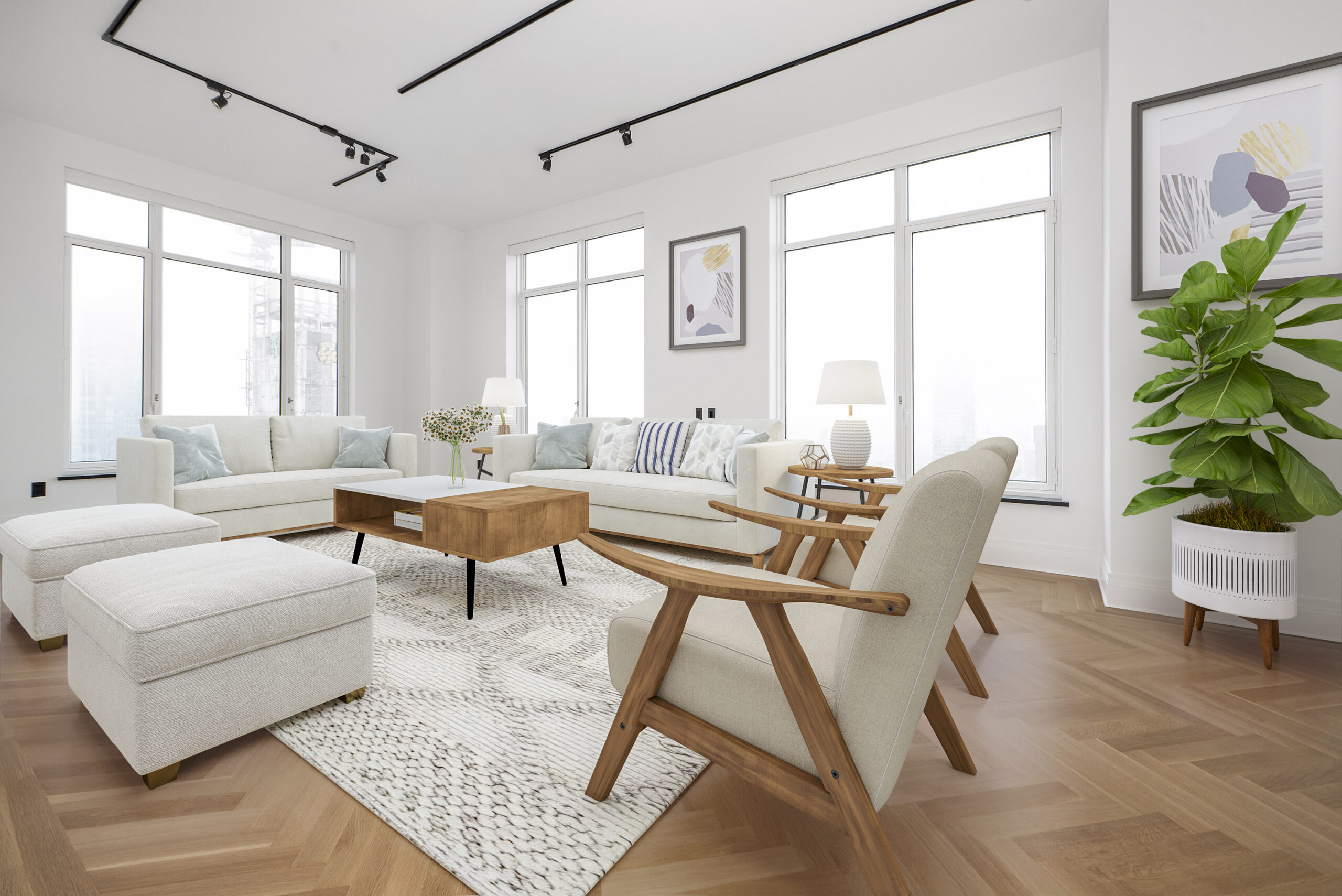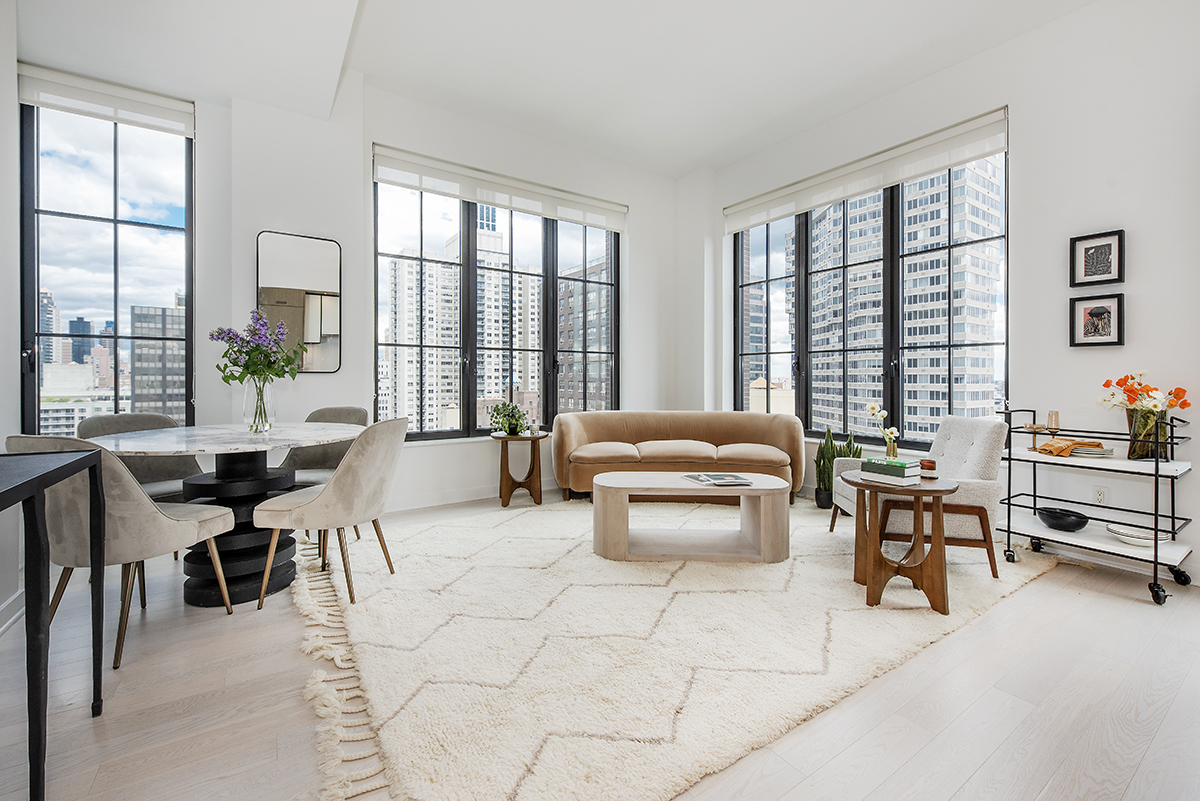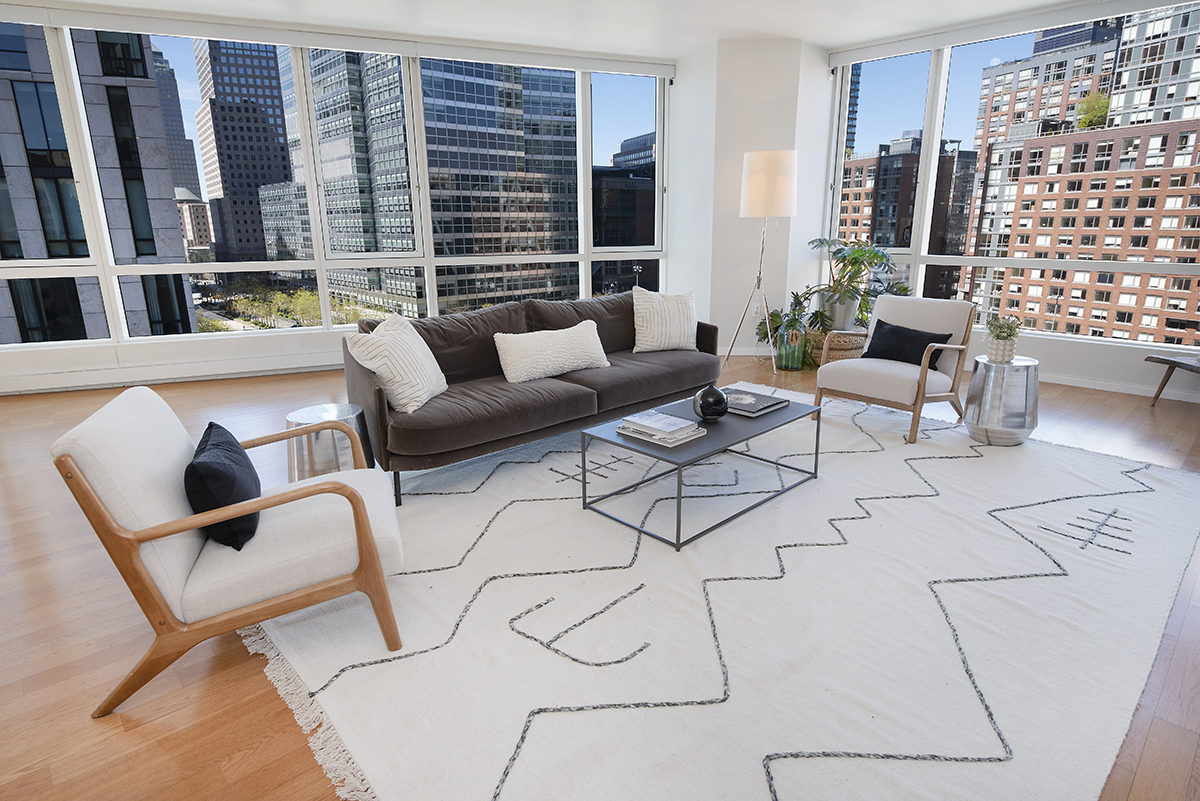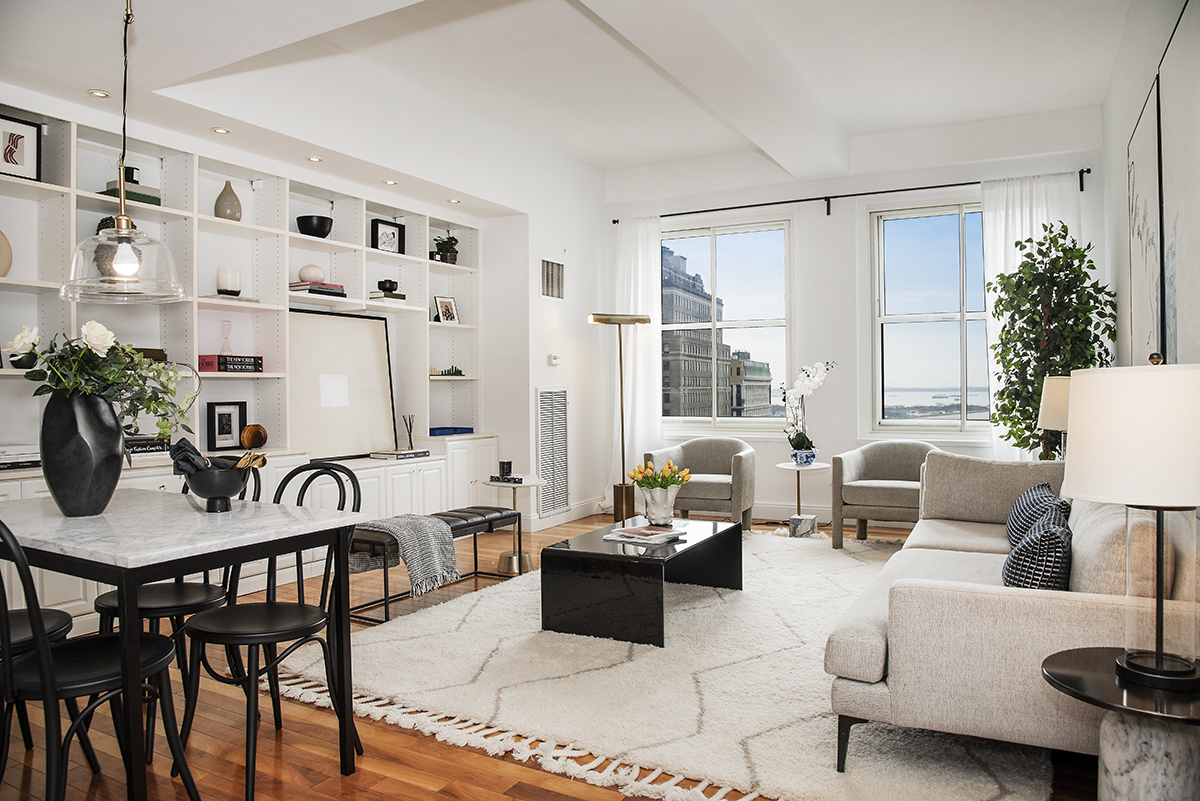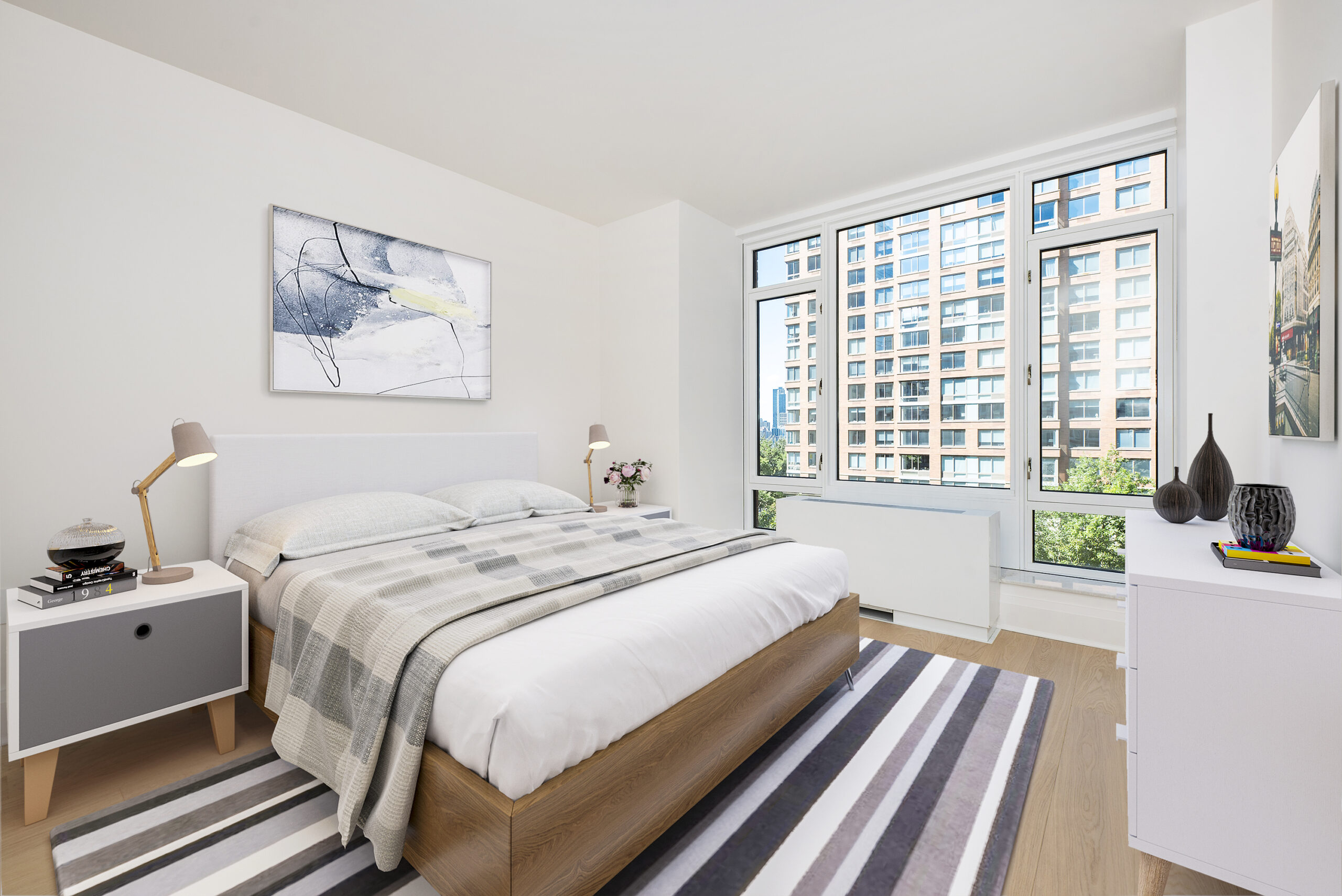Investing In A PreWar Manhattan Condo Apartment
Posted by Wei Min Tan on March 24, 2025
A prewar Manhattan condominium is highly desirable by both buyers and tenants because of its scarcity and charm. The “war” referred to here is the Second World War and the reference date is 1945. A prewar condo is hence a condo building built before 1945.
Before 1945, all apartments were of the Cooperative ownership structure. The condominium ownership structure only got introduced in the 1960s. Hence, most Coops are prewar while most condos are post war.
Contact: tan@castle-avenue.com
So how does a pre war condo exist? Well, it happens when a developer converts a pre-war building, usually a commercial or rental building, to condominium structure. A lot of these conversions happened during the 2006 to 2008 development wave.
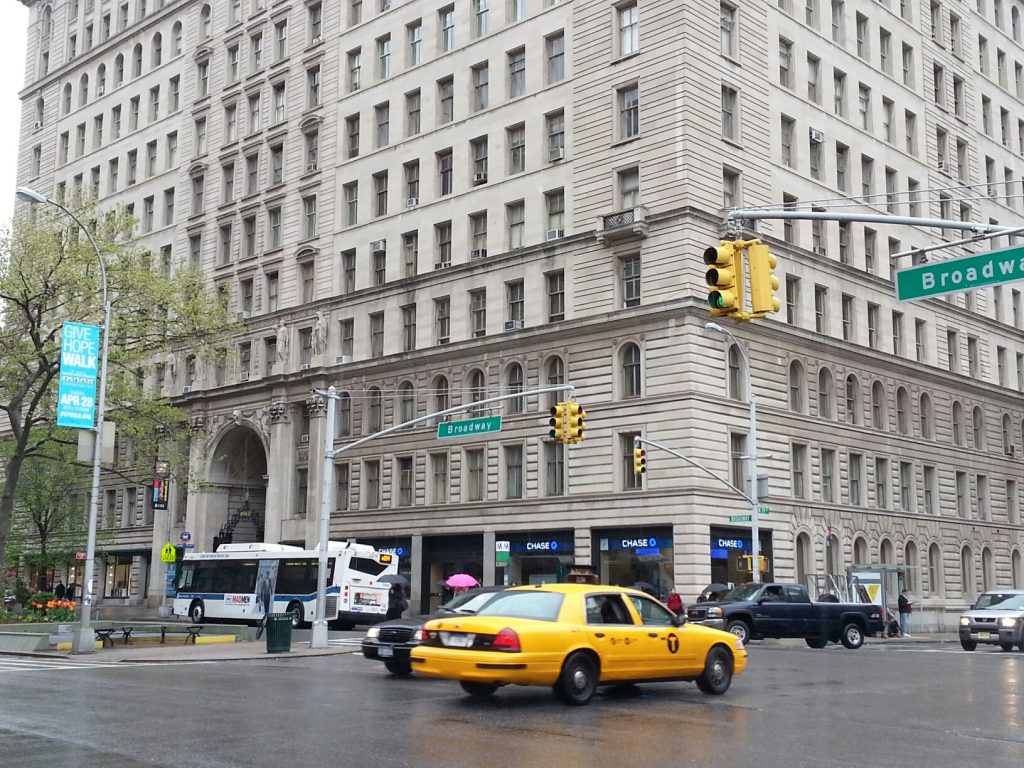
Scarcity
Condominiums make up only 10 percent of residential housing inventory in Manhattan. While supply of condos is limited, supply of a pre war condo is even more scarce. Why not just get a pre-war Coop? Reason is that a condo does not require board approval and is investor friendly in that the owner can rent out the condo at any time. A Condo is preferable to a Coop.
High Ceilings and Thicker Walls
A key feature of a prewar building is the high ceilings. Prewar buildings have ceilings of between 10 to 12 feet while post war buildings’ ceilings are around 8 to 9.5 feet. The extra height of a prewar condo makes the apartment feel larger and more spacious. This also has to do with developers’ changing perspectives and profit-oriented motives over time.
Prewar condos have thicker walls hence sound insulation is better.
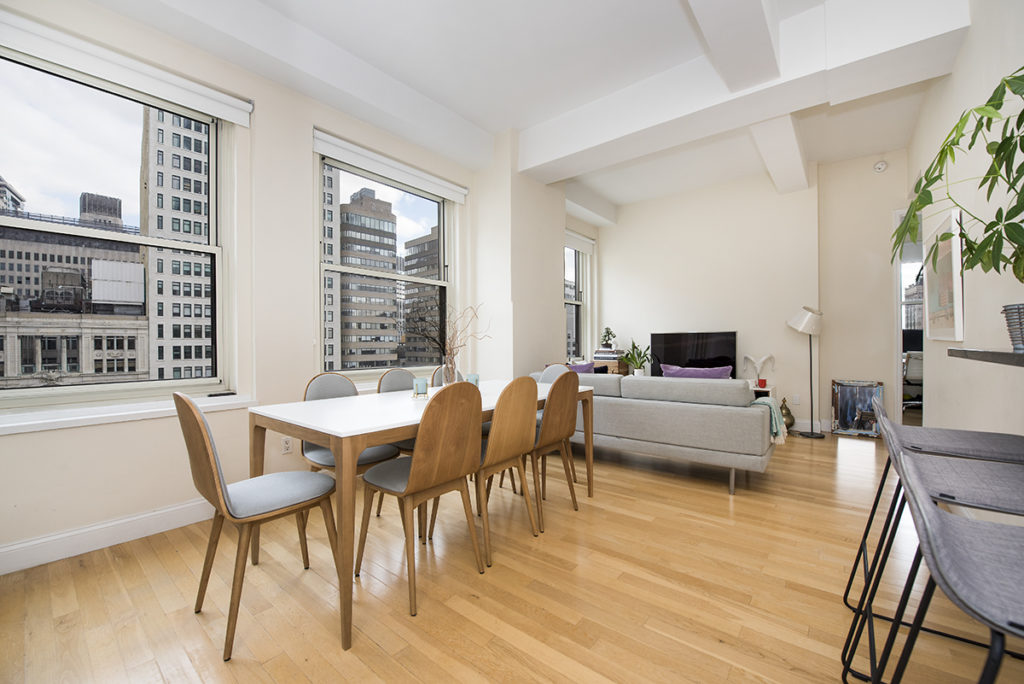
Character
Many New Yorkers like the character of older buildings. For example, prewar condos such as 99 John Street and 88 Greenwich Street are of the Art Deco style. The Ansonia, converted to residential condo from hotel, in the Upper West Side is of the Beaux Arts style. The Grand Madison on Fifth Avenue, also converted from a hotel, is of the Renaissance Revival style.
Pre war buildings have more ornate designs on the outside when compared to new buildings that are often all glass which some say lack character.
Downsides
A downside of pre war condos is that windows are smaller when compared to new all-glass buildings that have floor-to-ceiling windows. In Soho lofts where most are pre war, the floors may be creaky. Creaky floors are usually not an issue in large converted buildings.
Notable Pre War Condos in Manhattan
Walker Tower in Chelsea
The Plaza on Fifth Avenue
88 Greenwich Street, 99 John Street in Financial District
Ansonia in Upper West Side
260 Park Avenue South in Flatiron
The Grand Madison in Madison Square Park
Apthorp in Upper West Side
Parc Vendome in Midtown West
In summary, pre war condominium apartments are a very good investment. It boils down to selecting the right apartment with the proper exposure in a highly desirable building.
What We Do
We focus on global investors buying Manhattan condos for portfolio diversification and long term return-on-investment.
1) Identify the right buy based on objectives
2) Manage the buy process
3) Rent out the property
4) Manage tenants
5) Market the property at the eventual sale
Deal Examples
88 Greenwich, 35th floor south facing waterview apartment overlooking New York Harbor. Client purchased with tenant in place hence no vacancy period associated with finding a new tenant. This is a pre-war Art Deco building with high ceilings and thick walls. The building is about 100 years old, initially commercial, then converted to rental, and about 10 years ago converted to condominiums.
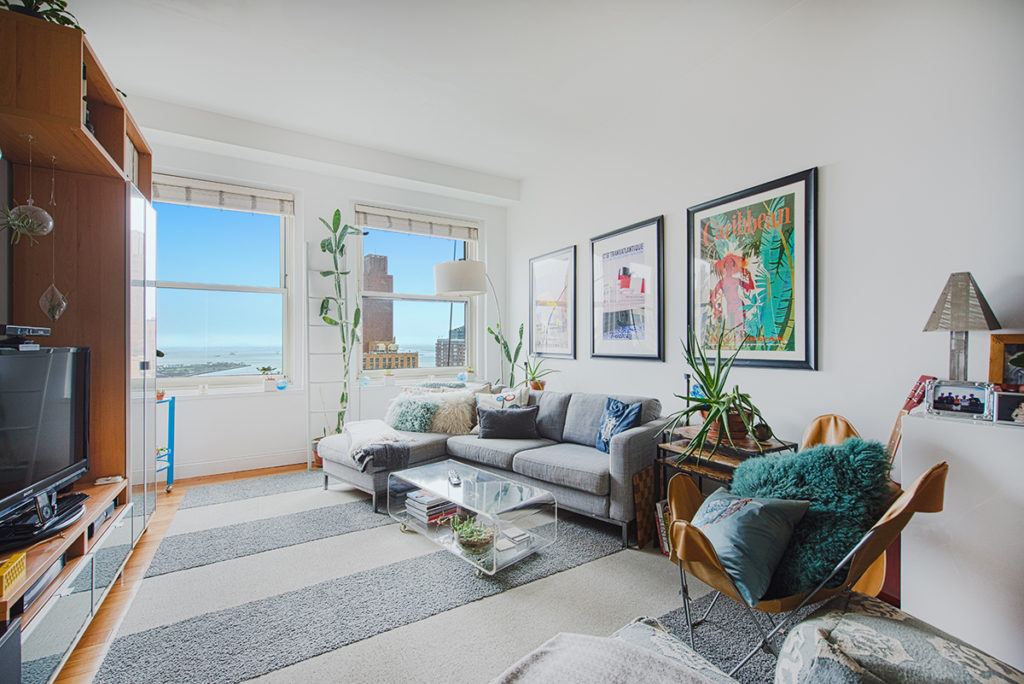
The Sutton by Toll Brothers in Midtown East. Represented multiple buyers at $2 million price point. Building was a new construction and buyer clients reserved units 2 years before completion. Amazing interior details, Gaganeau appliances, classic style windows. Close to United Nations, Citigroup Center, Blackstone, Blackrock. Our tenants have been excellent.
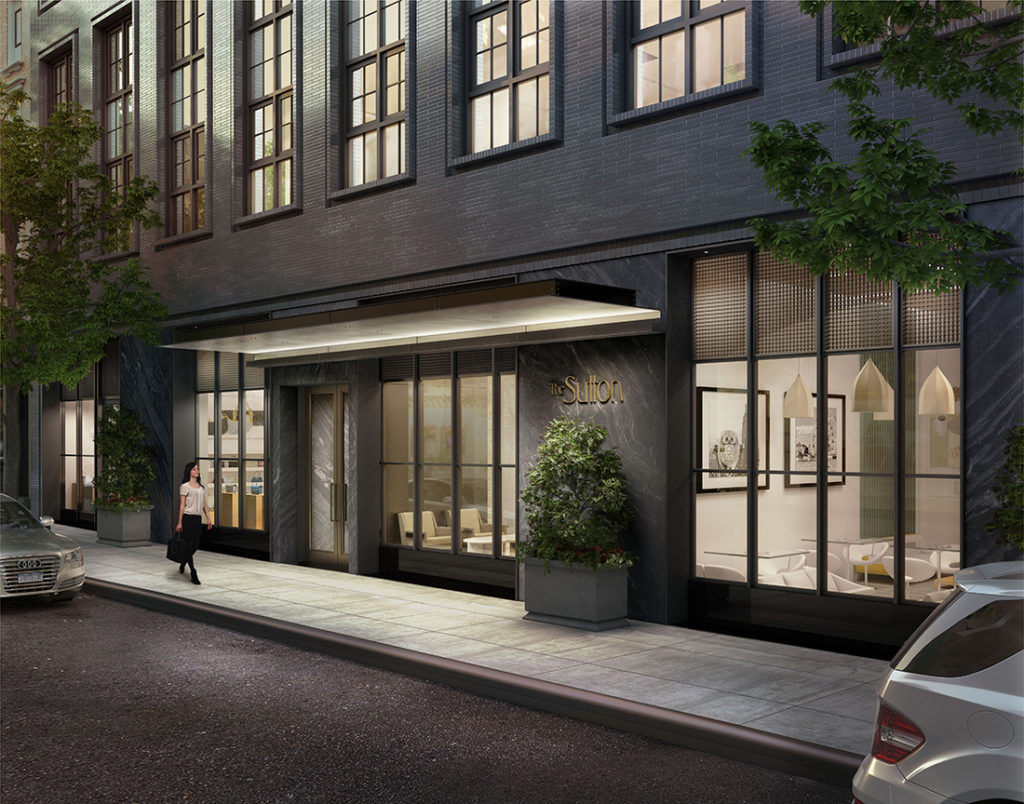
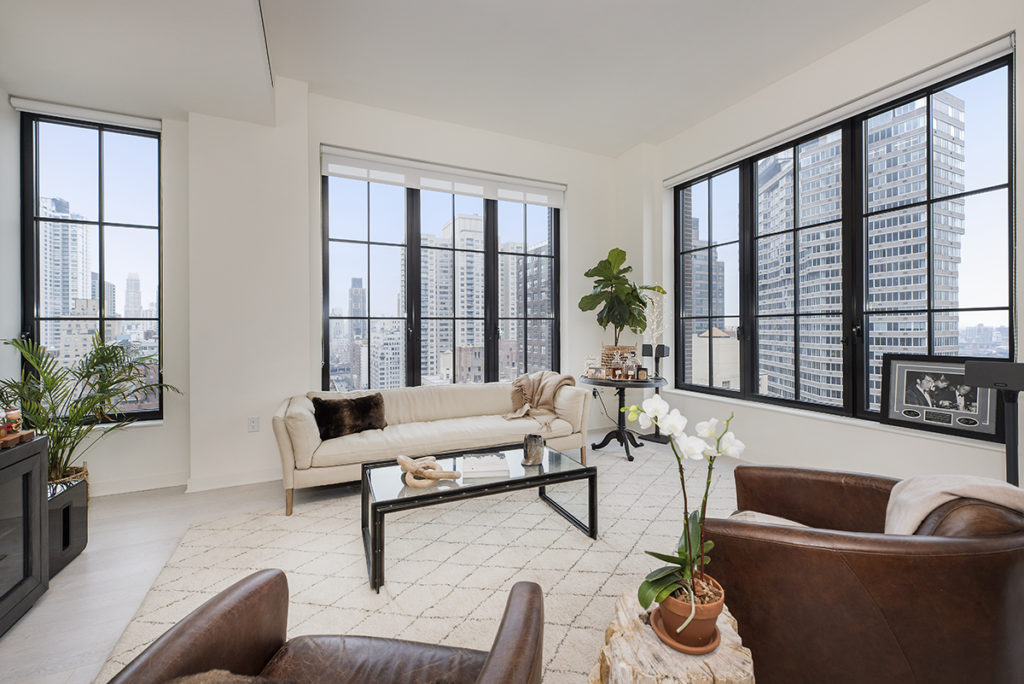
111 Murray in Tribeca. Reserved at pre-construction and prices went up 20 percent upon completion. The green building is the Goldman Sachs headquarters and one of the main drivers for our decisioning process.
Read about, Buying sponsor condo in Manhattan
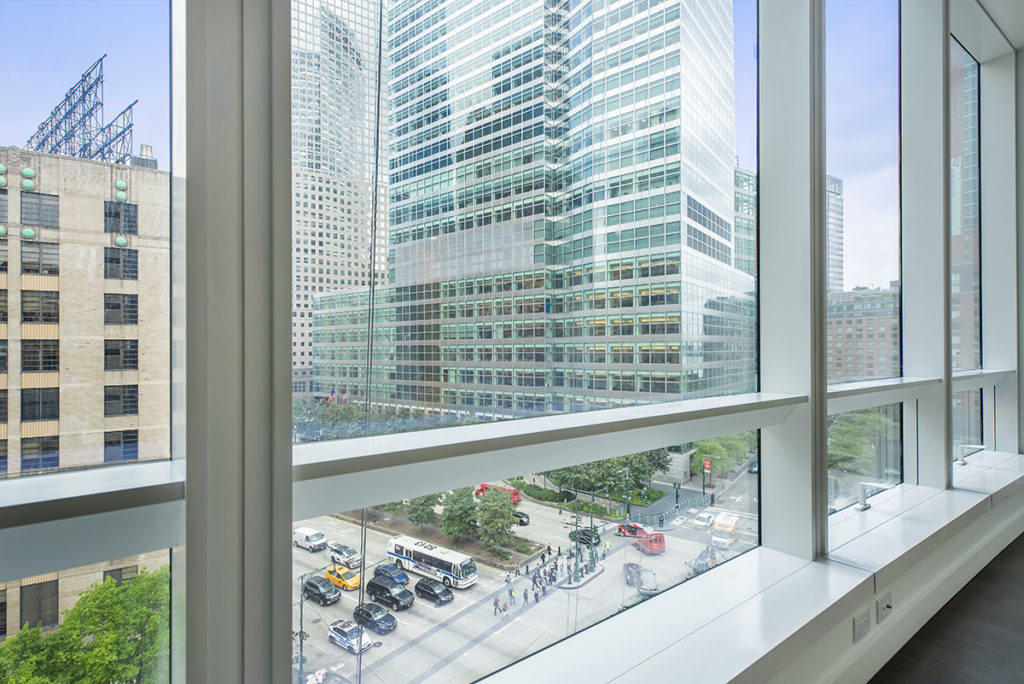
Article updated March 24, 2025
Follow On Instagram
Related Articles
Investing in a Soho loft in Manhattan
